Living alone can feel like the ultimate freedom—no housemates to clean up after, no awkward small talk in the kitchen, and total control over your space.

However, while the peace and privacy are great, there are hidden downsides most people don’t talk about—and no, it’s not just about whether you remembered to lock the door. From emotional risks to unexpected practical issues, here are some things that can quietly creep in when you live solo. That doesn’t mean you shouldn’t do it or that there are no upsides, but these are worth considering.
1. You get used to talking to yourself a bit too much.

A bit of solo chatter while cooking or ranting at the TV is harmless. However, when you’re the only voice you hear all day, it’s easy to fall into echo chamber territory—where your thoughts go unchallenged, and your perspective shrinks without you noticing. It can feel comforting, even normal, until you spend time with other people and realise your social filter’s got a bit rusty. Living alone means you have to make more of an effort to stay mentally connected to the outside world.
2. It becomes easier to ignore your own needs.

When no one’s there to check in on you, it’s easy to skip meals, leave the dishes for days, or stay in bed longer than you meant to. You don’t need to explain yourself to anyone, which can quietly turn into neglecting your own care. Without anyone noticing when you’re off balance, self-discipline becomes everything, and it’s not always easy to maintain when your energy or mood dips.
3. Isolation creeps in without making a sound.
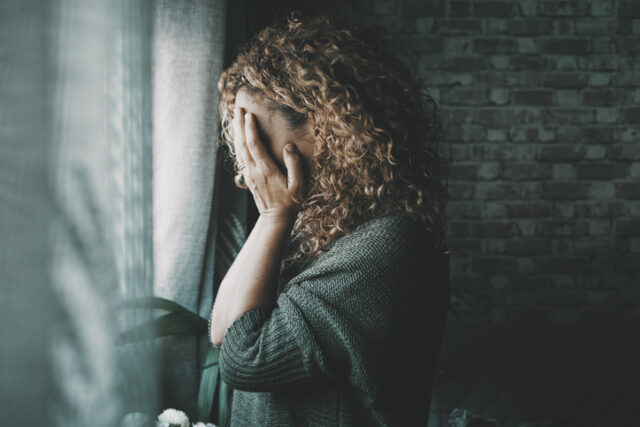
One of the trickiest parts of living alone is that loneliness can build gradually. You might go days without meaningful interaction and not realise how much it’s affecting you until it hits all at once. Plus, because you’re not technically “doing anything wrong,” it’s hard to notice how starved for connection you might actually be. That sense of isolation can impact your mental health more than you’d expect.
4. Your inner critic gets a whole lot louder.

With no one around to talk things out with, you’re often left alone with your thoughts—and some of those thoughts can be harsh. Living alone means more time in your own head, and if your self-talk tends to lean negative, it can spiral fast. You’re more likely to ruminate, overthink, and blame yourself for things that might feel smaller with someone else to give you perspective.
5. You have to be your own safety net.
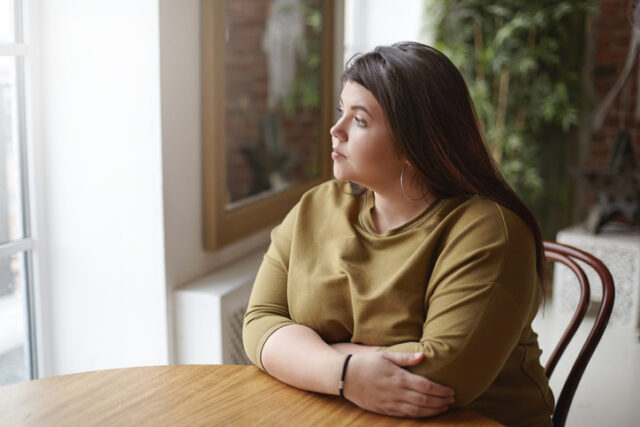
If you slip in the shower, burn your hand, or feel unwell, there’s no one around to help immediately. That’s a sobering reality most people don’t think about until they’re in it. Even basic things like taking out the bins late at night or waking up from a nightmare can feel more intense when you realise it’s all on you to handle whatever comes up.
6. You can lose track of time and routine.

Without anyone to structure your day around—whether it’s a partner’s schedule or flatmate chatter—it’s easy for time to feel vague. You might eat meals at weird hours, sleep in too late, or forget what day it is altogether. And while that flexibility can be fun, it also makes it harder to feel grounded. Routines help more than we like to admit, especially when we’re the only ones enforcing them.
7. Your habits go unchecked.
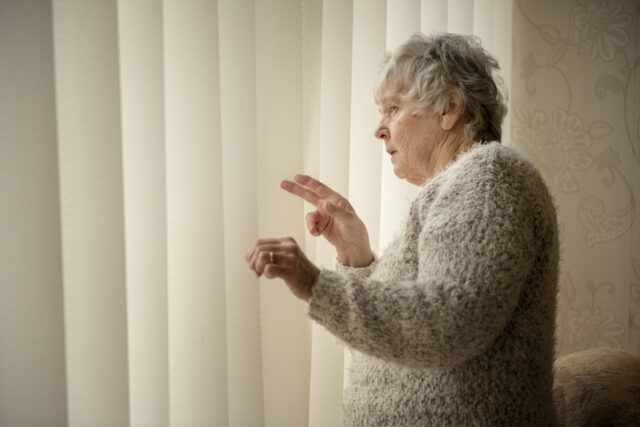
No one’s there to gently nudge you when you’ve watched six hours of TV or remind you that you haven’t stepped outside today. Living alone means your habits, good or bad, go entirely unmonitored. It becomes easier to sink into behaviours that feel soothing in the moment but aren’t great long term—like comfort eating, excessive scrolling, or avoiding chores for days.
8. You can get a bit weird without realising.
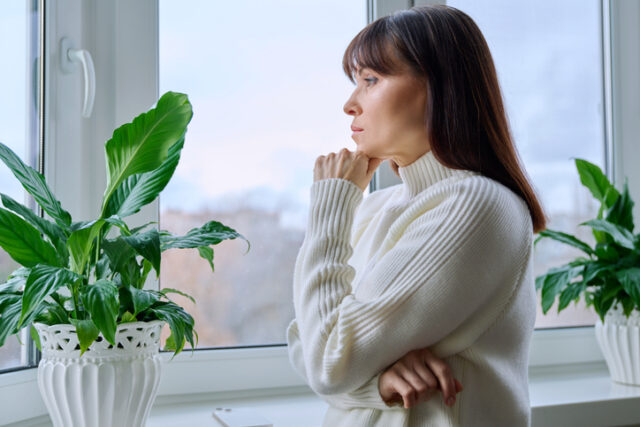
There’s a quiet kind of eccentricity that comes from being alone too much. Maybe you start talking to objects or giving your toaster a name. It’s not harmful, but it does show how easy it is to drift into your own little world. While quirks are part of what make us human, too much time in your own company can start to disconnect you from social norms—without you even noticing.
9. It’s harder to motivate yourself when no one’s watching.

Whether it’s exercise, housework, or even getting dressed in the morning, motivation often comes easier when we know someone might see the results. Living alone means relying fully on internal drive, and that’s not always enough. On low-energy days, it’s easy to just not bother. The more often that happens, the harder it is to pull yourself back into routine.
10. You notice every sound, and sometimes imagine ones that aren’t there.
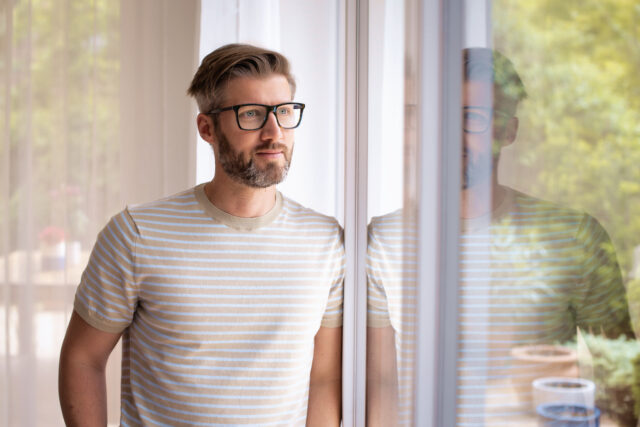
That creak in the hallway, the sudden buzz of a fridge, a neighbour’s door slamming… when you’re alone, your brain is way more tuned into noise. And when you’re anxious, it can make you feel jumpy for no reason. It’s not irrational—being on alert is part of keeping yourself safe—but it can also make your home feel less relaxing than it should be.
11. You’re responsible for every single task.

If the boiler breaks, you deal with it. If the food runs out, you’re the one shopping. If the rubbish smells, no one else is taking it out. There’s no backup person to help with the boring bits of life. It builds independence, sure, but it can also lead to burnout if you never give yourself permission to ask for help or delegate now and then.
12. Cabin fever is very real.

When your home is your workspace, rest space, and everything-in-between space, it’s easy to feel trapped. You can start to resent the four walls around you, even though you chose them. This is especially true if you work remotely or spend a lot of time indoors. Without a change of scenery or people, your brain can start to feel sluggish and restless.
13. You forget how much small interactions matter.
 Source: Unsplash
Source: Unsplash Even just saying “good morning” to someone in the kitchen or chatting about your day can lift your mood more than you realise. When you live alone, those casual moments disappear unless you actively seek them out. Over time, it can leave you feeling disconnected—even if you don’t feel lonely in the traditional sense. Humans are social creatures, even the introverted ones.
14. Bad moods echo louder in a quiet house.
 Source: Unsplash
Source: Unsplash Having a bad day when you live alone can feel ten times heavier. There’s no one to offer a distraction or change the energy. You sit with your frustration, sadness, or stress without a buffer. It doesn’t mean you can’t manage, but it does mean you have to learn how to self-soothe and pull yourself out of a funk without external support.
15. You stop noticing the mess.

One of the biggest silent traps of solo living is the gradual tolerance for clutter. With no one around to comment or get annoyed, the dishes might pile up, the floors might stay unswept, and it slowly becomes your new normal. You might not even realise how much it’s affecting your mental clarity until you finally clean, and feel that sense of relief.
16. It makes asking for help feel harder.
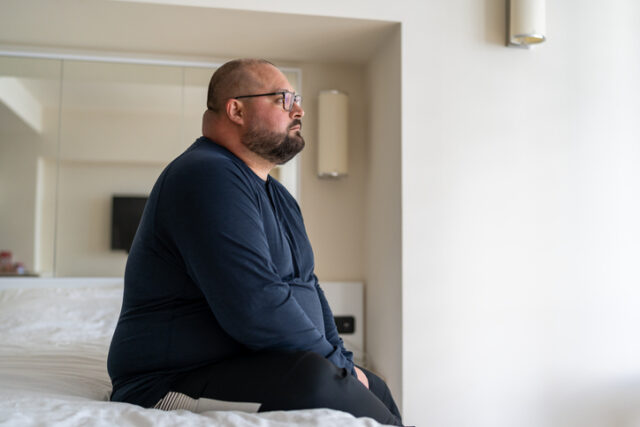
Living alone can make you fiercely independent. But it can also make you reluctant to reach out when you genuinely need support—because you’ve got so used to managing everything on your own. This habit of self-reliance is useful up to a point, but it can make emotional vulnerability feel foreign. Knowing when to lean on someone is just as important as knowing how to stand on your own.



